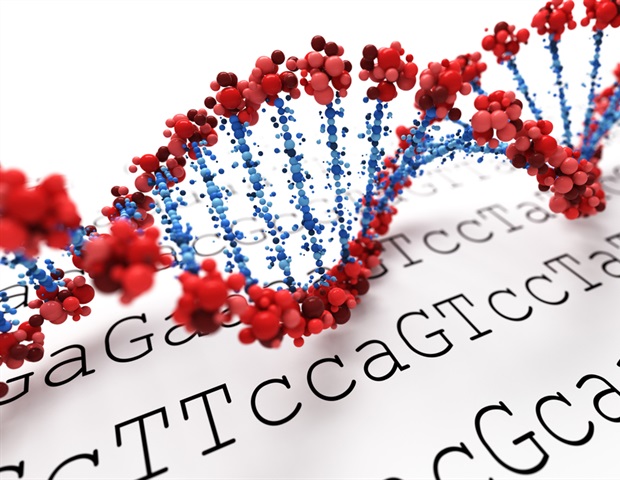The use of ancient DNA, including samples of human remains dating back approximately 45,000 years, has shed light on previously unknown aspects of human evolution.
Dr Yasin Swelmi, group leader of the Australian Center for Ancient DNA at the University of Adelaide, co-directed the new study, published in Nature Ecology and Evolution.
“It is widely believed that the genes of our human ancestors have not been altered by environmental stresses like other animals, due to our increased communication skills and the ability to create and use tools,” said Dr. Swelmi.
“However, by comparing the modern genome with ancient DNA, we found more than 50 cases of an initially rare beneficial genetic variant that became prevalent in all members of the early human population.
“Unlike many other species, the evidence for this type of adaptive genetic change is inconsistent in humans. Therefore, these findings challenge the prevailing view of human adaptation and provide us with exciting new insights into how humans adapt to new environments and the stress they face as we spread across the planet. “
Co-author, Dr Ray Tobler, a University of Adelaide Fellow and a DECRA Fellow of the National University of Australia, said that ancient DNA testing is critical to unlocking the secrets of human evolution.
We believe that historical events of mixing between human groups may contain hidden signs of genetic changes in the modern human genome.
We examined the DNA of over 1,000 ancient genomes, the oldest of which is around 45,000 years old, to see if certain types of genetic adaptations were more common in our history than recent genomic studies have suggested.
Dr Ray Tobler, Associate Fellow, University of Adelaide
Professor Christian Huber, one of the senior authors of the paper, is a research assistant at the University of Adelaide and an adjunct professor at Penn State University.
‘The use of ancient genomes is very important because it precedes the major historical intermingling events that radically reshaped modern European genetic lineages,’ said Professor Huber.
“This allows for the restoration of historical markers of adaptation not seen by standard modern genome analysis.”
Founded in 2005, the Australian Center for Ancient DNA is a world leader in the research and development of advanced ancient DNA approaches for evolutionary, environmental and conservation applications.
Researchers from the Mayo Clinic, the Garvan Institute for Medical Research, the Max Planck Institute for the Science of Human History in Germany, the University of New South Wales and Massey University in New Zealand also contributed to the paper.
source:
Journal reference:
Swelmi, Y. dk. (2022) The concoction obscured the signs of a difficult historical robbery in humans. Natural environment and evolution. doi.org/10.1038/s41559-022-01914-9.


